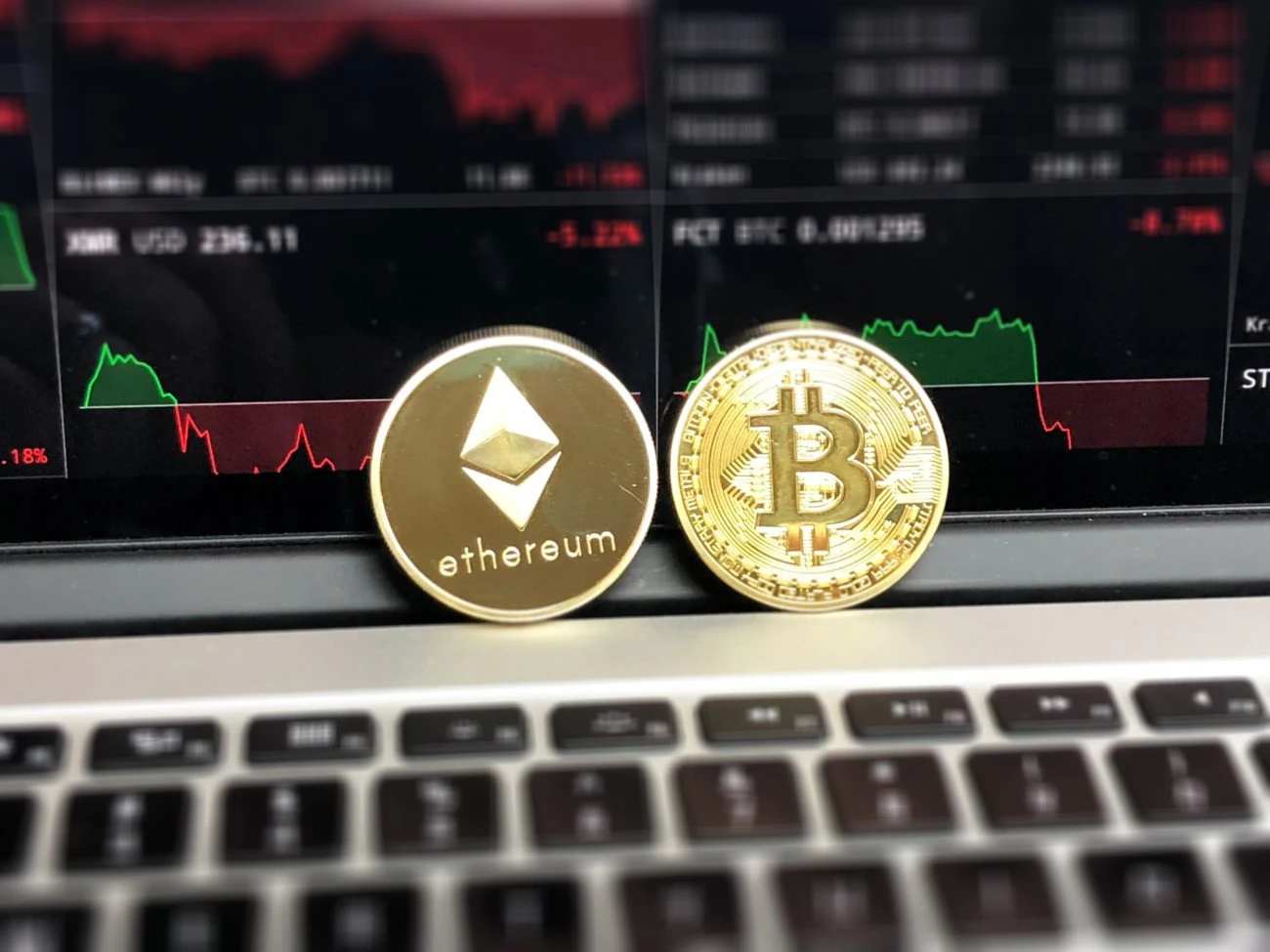MGA launches sandbox test of cryptocurrency regulations

The Malta Gaming Authority (MGA) has launched the first phase of its Sandbox Framework, an initiative designed to assess the effectiveness of its controls for cryptocurrencies, and a step towards permitting licensed gaming operators to process virtual currency transactions.
Phase one of a two-phase testing process began on January 1 and will see the MGA process applications for the use Distributed Ledger Technology (DLT), such as blockchain, in the gambling industry. Those approved will be allowed to carry out tests of blockchain assets in a controlled environment, allowing the regulator to assess any potential dangers or risks associated with their use, either to Malta's regulatory environment for gambling, or to the island's economy in general.
This initial phase will run for at least 10 months and could be extended by the regulator. Only operators that are already licensed by the MGA may particiate in the test.
To faciliate this initial testing phase, and to open up the testing – or sandbox – environment to licensees, the MGA has updated its Licensee Relationship Management System (LRMS), the online solution launched to simplify its gaming and licensee management processes in 2016. Operators, including new applicants, will now be able to submit applications to participate in the test via the LRMS portal.
Existing licensees can also for apply to use DLT assets through system.
Those particiating in the test must also report player spending using cryptocurrency through the LRMS system, as well as flagging failed cryptocurrency transactions.
The MGA set out plans for its Sandbox Framework in October last year, saying that the move would place the regulator at the forefront of gaming regulation by enabling it to explore new technologies.
The regulator did not state when the second phase of the initiative will come into effect, but has confirmed that this stage will cover applications to use cryptocurrency and blockchain technology within licensees' systems, rather than just offering it as an option for player transactions.
